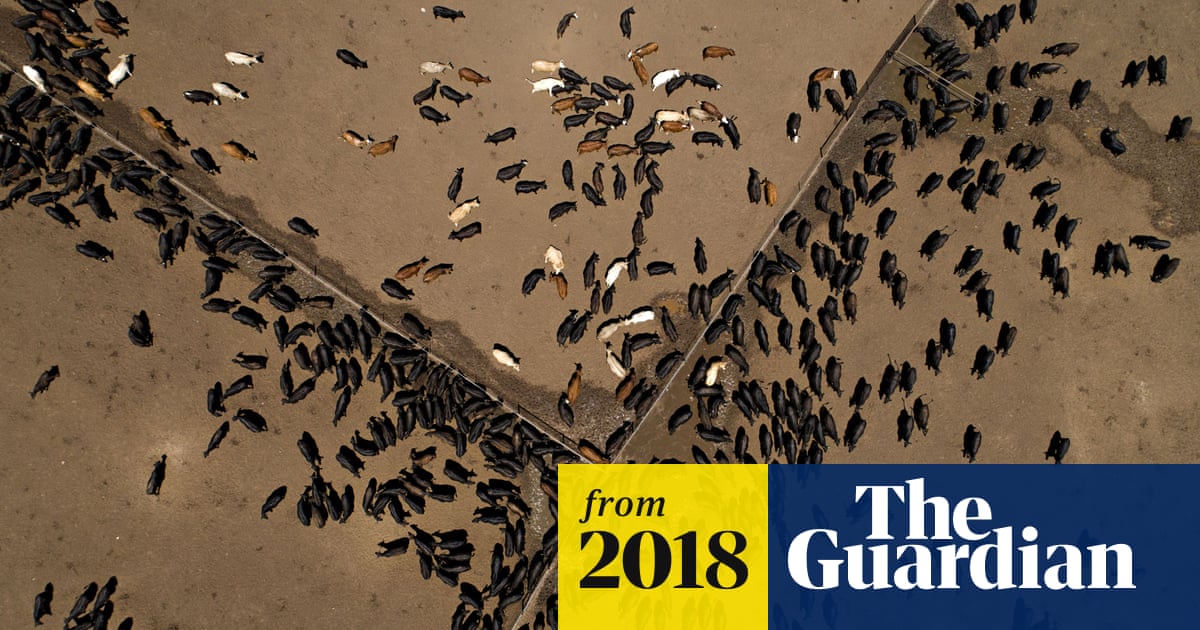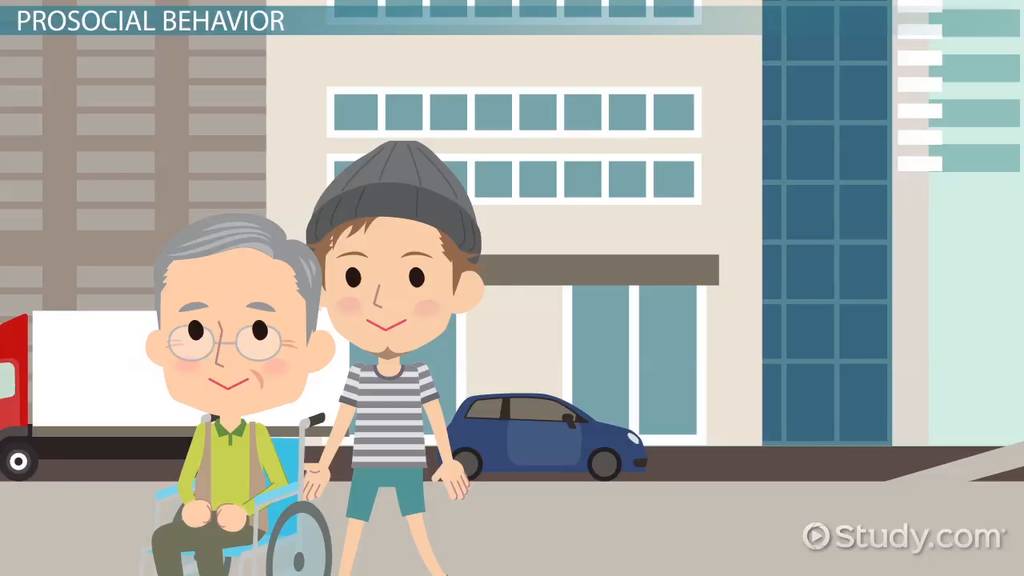So, I am not a philosophy major, but I have taken a few philosophy courses at the university I attend. I am going to use two specific belief systems here: utilitarianism and deontological ethics. I am not going to get too in depth about these two concepts, but here's the basic definitions -
Utilitarianism - Maximizing the overall happiness of a society.
Deontological Ethics - According to Immanual Kant, in order to achieve moral goodness, people must act from duty. His second argument is that it is not the consequences of an action that determine whether it is right or wrong, but the motive behind them.
You may be wondering what the point of this is, but I am getting there.
There are several problems and inconsistencies with utilitarianism. To completely maximize the total happiness of society is to look at the happiness of an action in a kind of point system. For example, eating meat makes the majority happy against a few who are adamantly against it. Now, since it is a point system, say that everyone being vegan would make you extremely happy - that happiness would get a high number of points, and if those points outweighed the majority who do not care as much about such things, the utilitarian approach would be for society as a whole to convert to veganism.
But this wouldn't only apply to veganism. One of my professors gave an example about a small village and a thief. Her summary was that it would cause the people significant distress if their valuables were stolen, but the thief's pleasure at having stolen those items would have over-ruled that because of its shear intensity. The peoples' distress, in this case, would be minus 1,000 points (hypothetically) but the thief's pleasure would be +10,000 points, and therefore, according to the utilitarian approach, that is how it must be.
Now, the deontological approach. A good example of this would be another one that was introduced to me by one of my professors - the vaccine one. This is actually not related to anything currently going on. She's been using this one for years.
Essentially, there would be this deadly disease that can only be cured by a recently created vaccine. Now, according to the utilitarian approach, the right move in this situation would be to save as many people as possible. However, what if the supply of the vaccine was limited? And, out of the people with the disease, those with no pre-existing conditions and stronger immune systems are much more likely to survive. If you were to take the utilitarian approach, you wouldn't be paying attention to who got the vaccine first; your ultimate goal would just be to save the greatest number of people.
With a deontological approach, however, you know it would be better for society if you were to save the people who were most likely to survive. In the long run, that would be better for society. It would ensure that the people who were saved were more capable of innovations, that they had their entire lives ahead of them. It would increase the probability of new discoveries. Therefore, out of a sense of duty to society, and with the intention of bettering the future of the population rather than focusing on numbers, a morally good person would save the people most likely to be receptive to the vaccine.
The point of explaining these two concepts was because I really wanted you to understand them so that my argument would make more sense.
So, eating meat is morally wrong. I am sure everyone here can agree to that.
Take this scenario within the utilitarian approach - the scenario wherein animals' happiness also contributes to the point system.
Take into account that humans are not the only omnivores. There are even carnivorous animals out there. It's all part of the food chain that's taught in middle school biology courses. Lions are carnivores. Tigers are carnivores. Bears are omnivores. Tigers chase antelope down and eat them. Some animals eat other animals while they are still alive.
What about those animals? If we're promoting veganism here, should we try to ask the non-human meat eaters kindly to become herbivores? It won't work because it's not in their natures. So why are we asking humans to do the same exact thing that specific animals will never do?
I don't remember the name of this show, but back in the late 20th century, these two guys tamed a tiger and would get on stage and play tricks with it. They had raised it from birth, and it had never shown any violent tendencies before. Yet, one day, during a show, it randomly attacked one of the guys and permanently injured him (it might have actually killed him, I don't remember exactly).
I feel like a lot of the time, when promoting veganism, you're only referring to animals that are herbivores. You won't be able to convince carnivores or even some omnivores (humans included) to become vegan, so what's your argument for that? For the animals who eat other animals simply because it's in their nature? Who don't quite think like humans do, and who, even after being domesticated, have the potential to act violently?
As stated, utilitarianism has flaws - just because something makes you happy in the moment doesn't make it right. I am sure many people will relate this back to eating meat. That animals are the same as people. Because, quite frankly, people have the capacity for violence too, and not just against animals.
Deontologically, however, finding substitutes for the protein and other nutrients that meat provides you will leave you weaker. How is that better for innovating society? I understand that the ways in which animals are treated is inhumane. However, think about this example: a person is attached to a tube in a hospital. They're miserable, but they can live as long as the tube is attached. Now, apply that to animals.
If an animal was miserable and living would equal suffering, would it be humane to just end its suffering or to let if suffer as long as it was alive?
Also, here's a different argument - if we're eating plants, are we not eating the animals' food? Are we not stealing from them, like we still milk from cows? If everyone were to go vegan, we would need to start growing a lot more plants, taking down factories, and somehow being able to provide plants for every species on earth excluding carnivores. Carnivores who we are fine with killing other animals as long as we ourselves don't do it.
Carnivores are still animals, after all, and should be treated as equals, right?
Another thing is the capacity to think and innovate - do you think animals would stop and consider what was morally right? They don't, not like people do. They protect their own, but they most definitely would not stand up in defense for other species. Some would even look at people and consider us their next meal, like so many people consider certain animals in that same way.
That's one of the major things I don't understand - if they do not care what happens to us, some would even attack us, and they attack each other on a daily basis around the globe, why are we so adamant about fighting for animal rights? Now, I also understand that most people eat herbivores - again, so do carnivores and non-human omnivores.
Despite all of this, why should people become vegan? If I truly understood, maybe I would one day, but there are so many factors and inconsistencies when it comes to veganism and animal rights that just make no sense to me (mainly the ones stated above). So, why should I (and other people) become vegan?
Utilitarianism - Maximizing the overall happiness of a society.
Deontological Ethics - According to Immanual Kant, in order to achieve moral goodness, people must act from duty. His second argument is that it is not the consequences of an action that determine whether it is right or wrong, but the motive behind them.
You may be wondering what the point of this is, but I am getting there.
There are several problems and inconsistencies with utilitarianism. To completely maximize the total happiness of society is to look at the happiness of an action in a kind of point system. For example, eating meat makes the majority happy against a few who are adamantly against it. Now, since it is a point system, say that everyone being vegan would make you extremely happy - that happiness would get a high number of points, and if those points outweighed the majority who do not care as much about such things, the utilitarian approach would be for society as a whole to convert to veganism.
But this wouldn't only apply to veganism. One of my professors gave an example about a small village and a thief. Her summary was that it would cause the people significant distress if their valuables were stolen, but the thief's pleasure at having stolen those items would have over-ruled that because of its shear intensity. The peoples' distress, in this case, would be minus 1,000 points (hypothetically) but the thief's pleasure would be +10,000 points, and therefore, according to the utilitarian approach, that is how it must be.
Now, the deontological approach. A good example of this would be another one that was introduced to me by one of my professors - the vaccine one. This is actually not related to anything currently going on. She's been using this one for years.
Essentially, there would be this deadly disease that can only be cured by a recently created vaccine. Now, according to the utilitarian approach, the right move in this situation would be to save as many people as possible. However, what if the supply of the vaccine was limited? And, out of the people with the disease, those with no pre-existing conditions and stronger immune systems are much more likely to survive. If you were to take the utilitarian approach, you wouldn't be paying attention to who got the vaccine first; your ultimate goal would just be to save the greatest number of people.
With a deontological approach, however, you know it would be better for society if you were to save the people who were most likely to survive. In the long run, that would be better for society. It would ensure that the people who were saved were more capable of innovations, that they had their entire lives ahead of them. It would increase the probability of new discoveries. Therefore, out of a sense of duty to society, and with the intention of bettering the future of the population rather than focusing on numbers, a morally good person would save the people most likely to be receptive to the vaccine.
The point of explaining these two concepts was because I really wanted you to understand them so that my argument would make more sense.
So, eating meat is morally wrong. I am sure everyone here can agree to that.
Take this scenario within the utilitarian approach - the scenario wherein animals' happiness also contributes to the point system.
Take into account that humans are not the only omnivores. There are even carnivorous animals out there. It's all part of the food chain that's taught in middle school biology courses. Lions are carnivores. Tigers are carnivores. Bears are omnivores. Tigers chase antelope down and eat them. Some animals eat other animals while they are still alive.
What about those animals? If we're promoting veganism here, should we try to ask the non-human meat eaters kindly to become herbivores? It won't work because it's not in their natures. So why are we asking humans to do the same exact thing that specific animals will never do?
I don't remember the name of this show, but back in the late 20th century, these two guys tamed a tiger and would get on stage and play tricks with it. They had raised it from birth, and it had never shown any violent tendencies before. Yet, one day, during a show, it randomly attacked one of the guys and permanently injured him (it might have actually killed him, I don't remember exactly).
I feel like a lot of the time, when promoting veganism, you're only referring to animals that are herbivores. You won't be able to convince carnivores or even some omnivores (humans included) to become vegan, so what's your argument for that? For the animals who eat other animals simply because it's in their nature? Who don't quite think like humans do, and who, even after being domesticated, have the potential to act violently?
As stated, utilitarianism has flaws - just because something makes you happy in the moment doesn't make it right. I am sure many people will relate this back to eating meat. That animals are the same as people. Because, quite frankly, people have the capacity for violence too, and not just against animals.
Deontologically, however, finding substitutes for the protein and other nutrients that meat provides you will leave you weaker. How is that better for innovating society? I understand that the ways in which animals are treated is inhumane. However, think about this example: a person is attached to a tube in a hospital. They're miserable, but they can live as long as the tube is attached. Now, apply that to animals.
If an animal was miserable and living would equal suffering, would it be humane to just end its suffering or to let if suffer as long as it was alive?
Also, here's a different argument - if we're eating plants, are we not eating the animals' food? Are we not stealing from them, like we still milk from cows? If everyone were to go vegan, we would need to start growing a lot more plants, taking down factories, and somehow being able to provide plants for every species on earth excluding carnivores. Carnivores who we are fine with killing other animals as long as we ourselves don't do it.
Carnivores are still animals, after all, and should be treated as equals, right?
Another thing is the capacity to think and innovate - do you think animals would stop and consider what was morally right? They don't, not like people do. They protect their own, but they most definitely would not stand up in defense for other species. Some would even look at people and consider us their next meal, like so many people consider certain animals in that same way.
That's one of the major things I don't understand - if they do not care what happens to us, some would even attack us, and they attack each other on a daily basis around the globe, why are we so adamant about fighting for animal rights? Now, I also understand that most people eat herbivores - again, so do carnivores and non-human omnivores.
Despite all of this, why should people become vegan? If I truly understood, maybe I would one day, but there are so many factors and inconsistencies when it comes to veganism and animal rights that just make no sense to me (mainly the ones stated above). So, why should I (and other people) become vegan?




